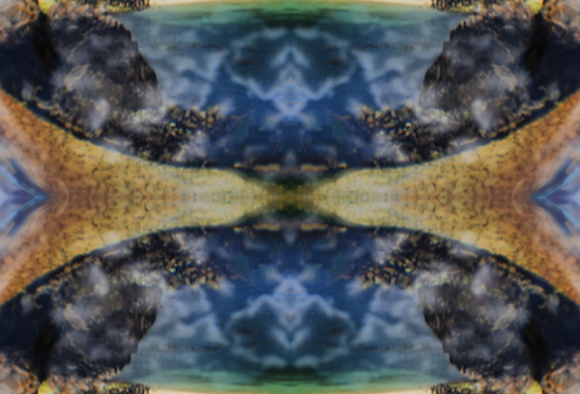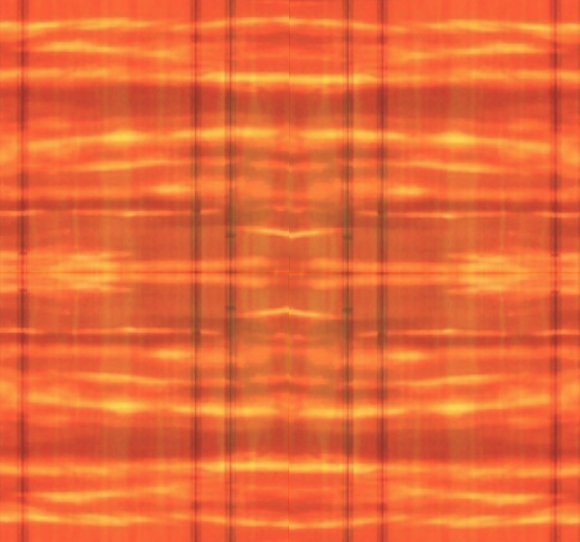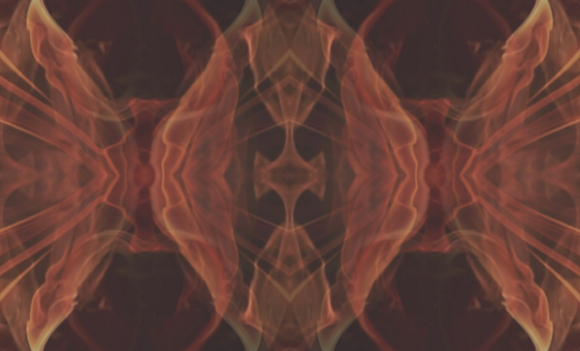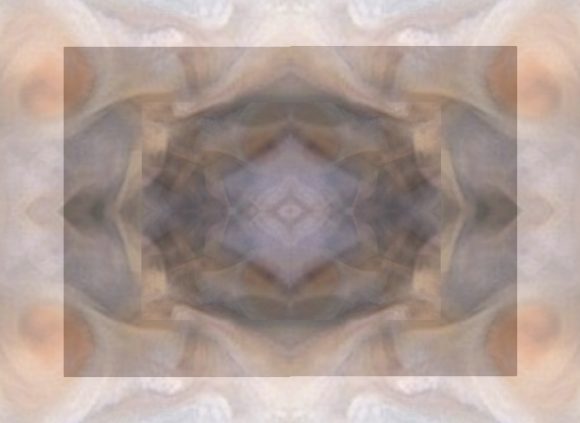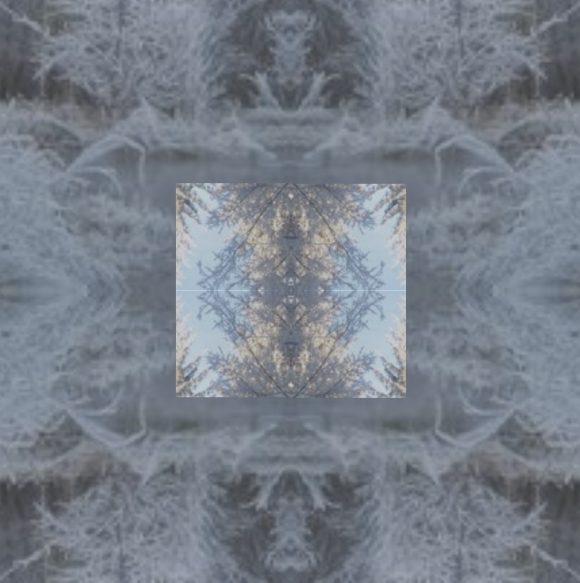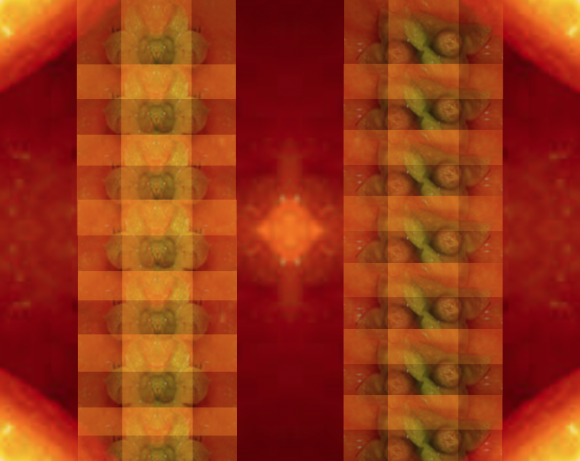
Hillman is one of the most original and interesting writers in the tradition following Jung, and I have spent quite a few pages on this blog discussing his work already. Naturally, this means I have to combine several of his ideas and theories, which are distributed over multiple books, in order to gain a consolidated understanding. But there is a danger in this, too: Hillman’s work, as...
